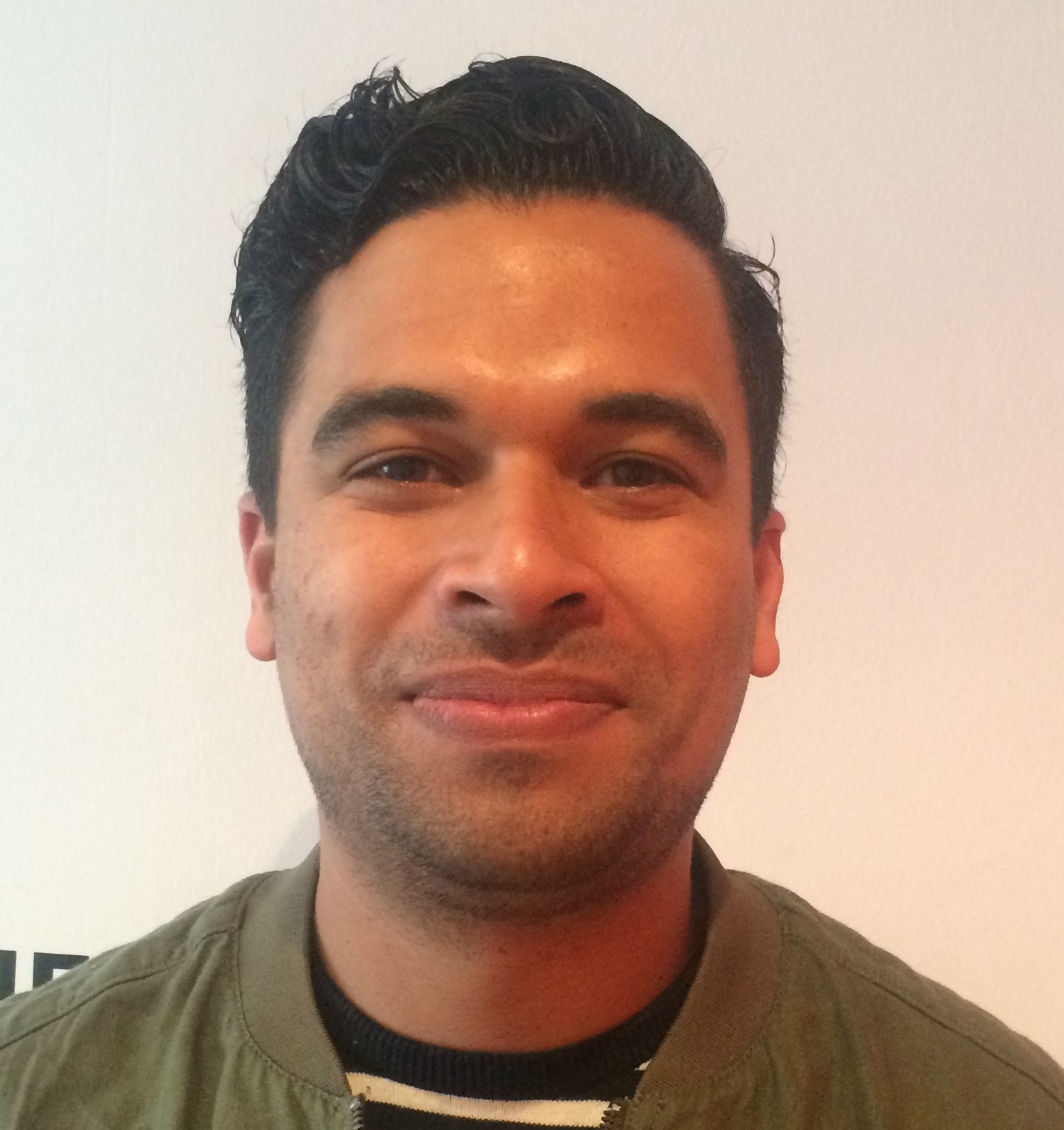 This month we welcomed people from Ontario, British Columbia, and Alberta; we had a briefer than usual but insightful discussion.
This month we welcomed people from Ontario, British Columbia, and Alberta; we had a briefer than usual but insightful discussion.
One writer, who is looking to pivot from data design, asked where to learn the basics of technical writing. She’d been under the impression that technical writers work only on software manuals and was pleased to find that the field is broad enough to offer a great variety of work. Two writers from Alberta provided their insights on the educational programs available in their province, and one of them mentioned free courses from Coursera (such as Good with Words) that could come in handy. They noted that it’s not always easy to find a technical writing certificate that also helps to strengthen your writing skills and gives real hands-on experience.
Submitting writing samples to potential employers can help to get your foot in the door. One of the challenges writers face is to develop a portfolio to demonstrate experience in the technical writing field; if you create samples ahead of time you’ll be ready to demonstrate your skills even if you don’t have a lot of work history on your résumé.
A writer working in the environmental field asked how to find contract opportunities in technical writing and how likely it is for a Canadian to find clients in Europe. Another writer who has had clients from Europe replied that it is indeed possible. If you’re just starting out, you might want to keep your salaried job and work on “side hustle” contracts to be sure you can handle the different requirements of contracting (unpredictable income, lack of benefits, tax differences).
One writer had been turned down for a technical writing contract that required a PhD in a very specialized field. Another pointed out that some clients need to be reminded that although technical writers don’t necessarily have all the knowledge of a subject matter expert, we offer other skills: we can extract essential information from subject matter experts by asking the right questions, explain complex topics clearly, organize information logically, and present content in a way that is most useful to the reader.
We also discussed what kind of software technical writers are currently using for content management and project management. Smart Docs and SharePoint were mentioned as useful tools for content management, while Jira and Airtable are options for project management.
The Tech Comm Café provides networking opportunities, job leads, answers to work-related dilemmas, and a burst of professional energy to keep you motivated. We discuss technical writing tools and techniques, career planning, portfolios, and anything else related to working as a technical communicator.
We welcome anyone who’s interested in technical communication — contractor, in-house, student, long-time tech writer, STC member, non-member, career-changer, or recruiter. We hope to see you at the next meeting!
Next Meeting: ONLINE on Wednesday, September 20, 2023
- Subscribe to receive email announcements of future meetings.
- If you plan to attend, RSVP by 4 p.m. Wednesday, September 20, to receive login instructions.
Date: Wednesday, September 20
Time: 7:00-8:00 p.m. Pacific Time
Location: Online via Zoom
Agenda
- Introductions. Take 60 seconds to introduce yourself, your background, current activities. A good chance to try out that new elevator speech.
- Announcements and job leads. If you know of an interesting event or a job opening, or you’re looking for work, share it with the group.
- Brainstorming Q&A. Ask about a work-related problem and discuss potential solutions.
- Speed networking. Make new contacts and discuss your professional backgrounds and goals.

Ernesto Campo is a freelance writer with a background in journalism, marketing, and public relations living in Calgary, Alberta. He recently got his Technical Writing Extension Certificate at Mount Royal University. He is also an author of children’s literature and short stories.
